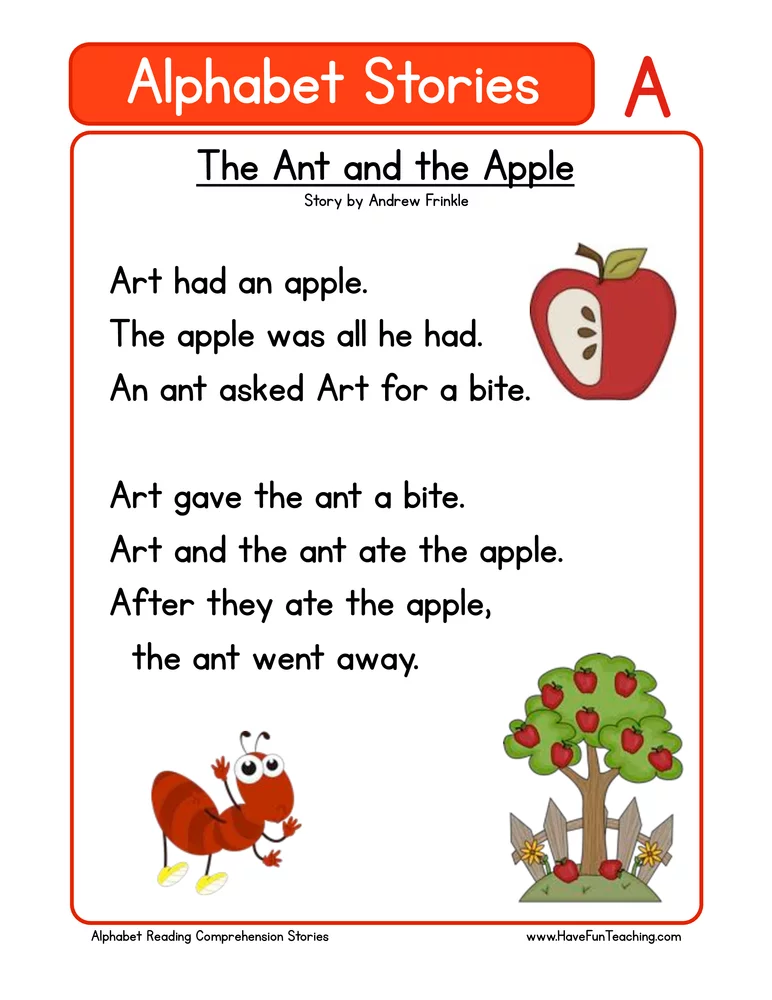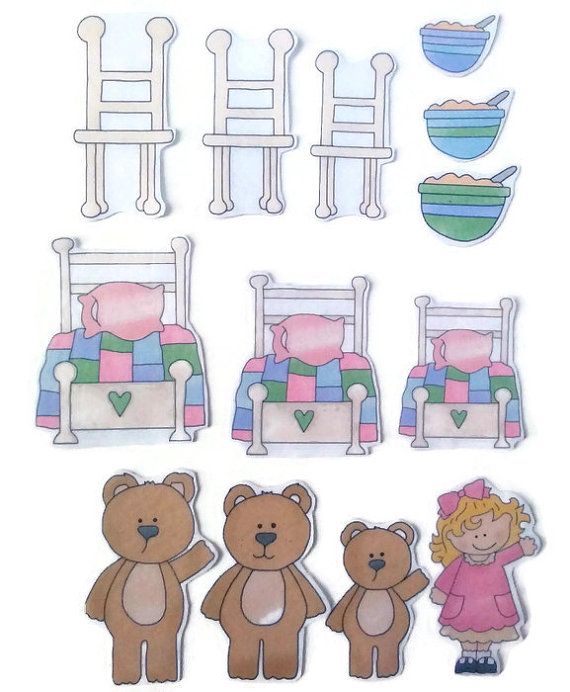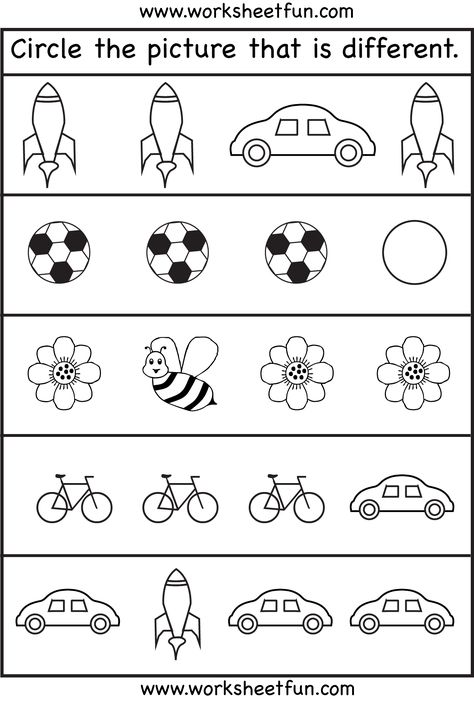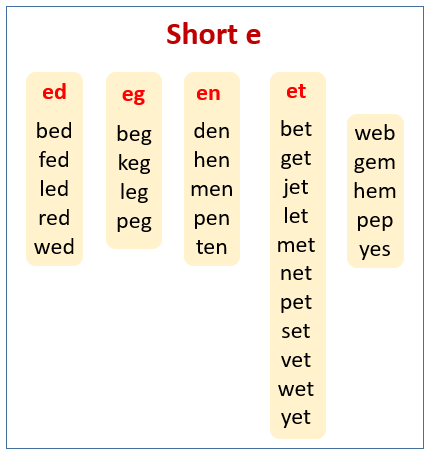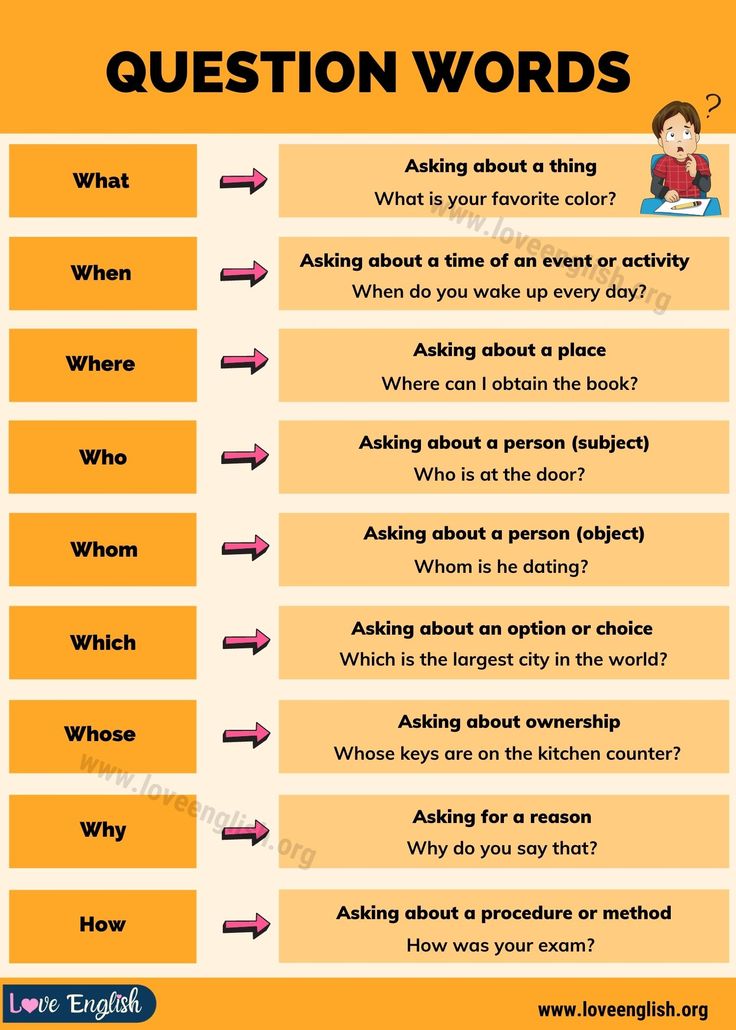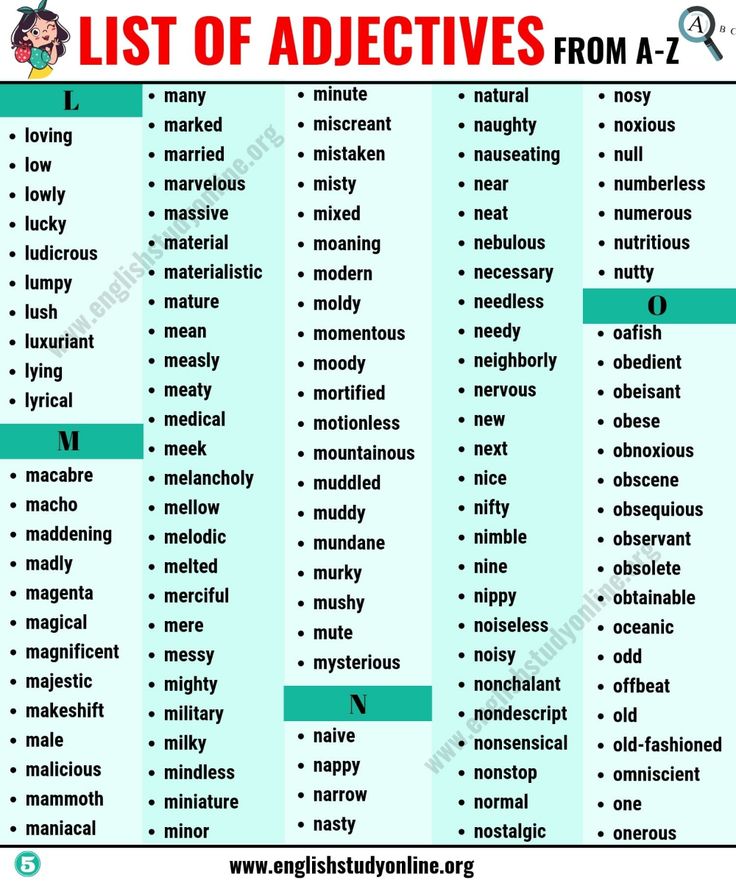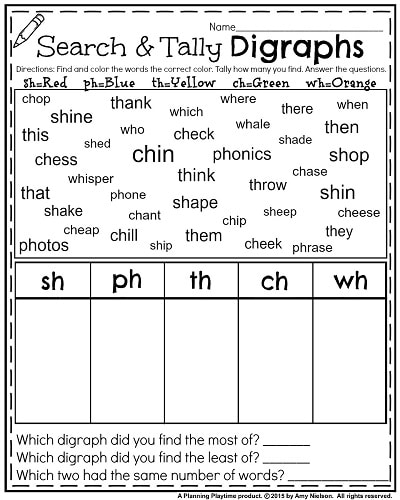Getting ready games
Fun games to get your child ready for school
Go backStarting school is exciting for young children and parents. It can also be a bit emotional! Most kids will settle into school easily enough, but most mums and dads will tell you that’s normal to feel a bit nervous about sending your “baby” into P1.
We’ve got some top tips from mums and dads for some fun games you can play these holidays so you can both look forward to starting school. If your child is anxious about the thought of going to school, our page on helping your child with worries about primary school has more tips.
Play school!
Game #1: Play school!
Image of a child drawing on paper with colouring pencils.
Playing is one way children deal with stress and change in their lives. When children play, they are working out what they think about different situations and how to respond to them. So if they’re feeling nervous about starting school, letting them explore these feelings through play is a great way to help them adjust to the idea.
So get your child's favourite toys and play schools together. You can do things like helping them check their toys in to class, reading stories, counting things together, and colouring in. This will help them get used to the kinds of things they’ll be doing at school, in a fun, safe environment.
Game #2: Follow the leader
Playing games like “Simon Says” can help them get used to following instructions. To play, you give them simple commands, starting with the words “Simon says”: “Simon says pat your tummy,” “Simon says sit down,” Simon says jump up and down,” and so on. If the instruction doesn’t start with “Simon says”, anyone who still follows the instruction is out. You can also switch the game around so they give you the “Simon Says” instructions, to get them used to taking the lead.
You can also get them to help you in the kitchen. When you give them instructions, ask them questions like “what would happen if we added salt instead of sugar?” to help them understand why it’s important to do what they’re asked to.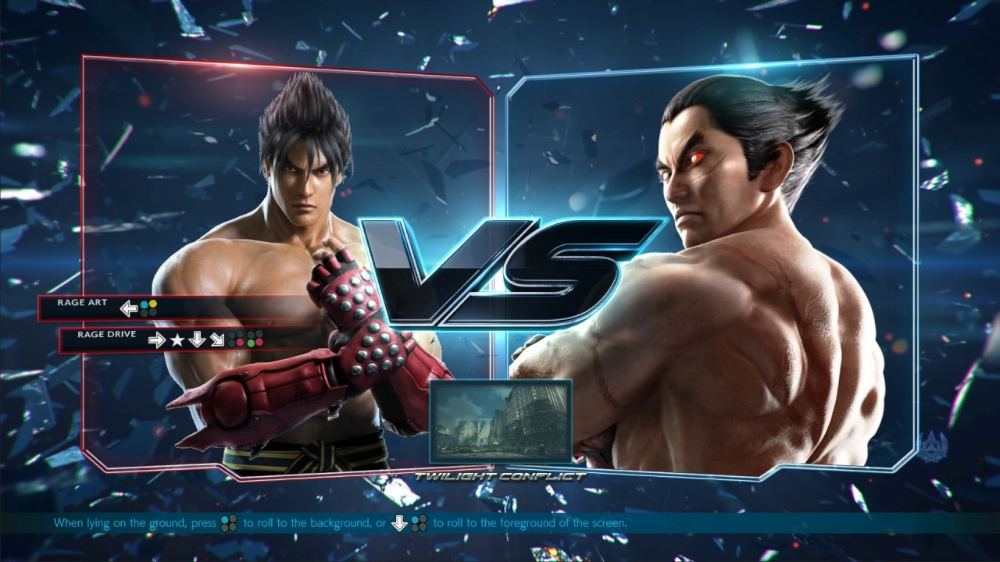
Game #3: Ready, steady, get dressed!
Image of a child standing in front of trees, smiling at the camera.
Let your child dress themselves as much as possible. You could even get them to “help” you with dressing so they can get more confident with fiddly things like doing up your coat buttons.
Get them to try on their school uniform and wear it around the house so they can get used to getting it on or off. School uniform can seem a bit uncomfortable and stiff compared to every day clothes like leggings and T-shirts, so this will also help them feel more comfortable in it when they start school. And it’ll avoid any unpleasant surprises on the first day, like discovering they’ve grown out of their shoes!
A fun way to teach them to get their coat on by themselves – put your child’s coat upside down on the floor or a table in front them. Then they put their hands in the armholes and flip their coat over their head.
Game #3: Bye bye germs
Image of a child smiling and waving at the camera with a hand covered in paint.
By now your child is probably a hand washing expert. But if you’re concerned about them keeping up their hand washing at school, a fun way to teach them about germs (and why it’s important to wash them off!) is to let your child cover their hands in paint. Then give them water and soap and show them what it takes to scrub all of that off. Singing a song or nursery rhyme while they’re washing their hands also helps them realise how long it should take. There’s even a fun online game here to help them with this, called Soap-A-Sheep!
Game #4: A-TISSUE
Image of a mum holding a tissue to a child's nose.
Get them into the habit of catching their sneezes by playing “catch it, bin it, kill it”. Get them to catch their sneeze or runny nose with a tissue, put it in the bin straight away, and then wash their hands to kill the germs.
Some kids find blowing their nose difficult. A fun game you can try to help them get the hang of it is to blow a feather in the air.
Game #5: Play dates!
A great way to get them feeling ready for school is to organise play dates with other children who’ll be going to their new school. It could be friends they already know, or even those they don’t. On play dates, try to notice when your child is doing things like sharing nicely and tell them that you like seeing them share. It’s a good way to keep them having fun with their friends and keep them happy in the classroom.
Don’t worry if you don’t know anyone though – kids are great at making friends. Teaching them to say something like “Can I play?” can be all it takes to help them make friends for life.
You can find more games to help your child develop on the Tiny Happy People website.
Starting primary school
Helping your child with their worries about going back to primary school
Dealing with kids' difficult behaviour
Top tips for saving on school costs
Explore this article's topics:
Coronavirus Play & Learn Going to school Young Child (4-7 years)
Last updated: 19 Jul, 2022
Ready Games | Web3 Gaming Ecosystem, Unity SDK, NFT Marketplace
We’re spearheading the collective gaming era to give every developer, creator, and user shared ownership through blockchain technology, token economy, and cross-game NFT assets.
Trending Now
Play Games, Earn $AURA
Play our newest games and access $AURA giveaways!
Test Games
Take an active role in the ecosystem and become a pro game tester with Ready. You’ll earn $AURA for your contributions.
Founder Game Pass NFT Sale
Your Founder Game Pass $AURA-infused, avatar-compatible, cross-game NFT comes with a lifetime of benefits.
Choose Your Role
Developer
Harness powerful tech that supports all the infrastructure needed to launch new web3 games and transition existing web2 games to web3. Enjoy web3 tools, social integrations, KPI tracking dashboard, compliant token economy, ecosystem rewards, and much more.
Discover Dev-to-Earn
Player
Share ecosystem ownership through $AURA-infused cross-game NFT assets and $AURA token ownership. All property rights are recorded on the blockchain for maximum security, transparency, and traceability.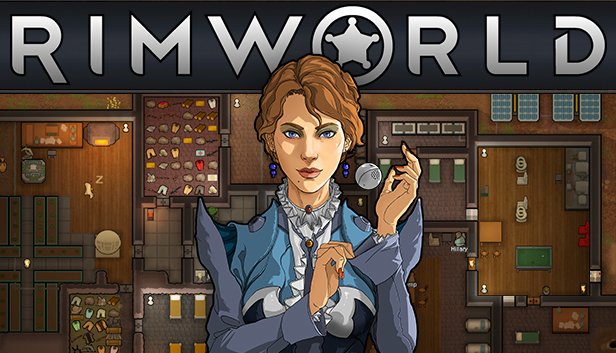
Explore Play to Own
Creator
Take advantage of our gaming economy infrastructure to monetize your artistic talents. Design cross-game assets and avatar accessories and sell them on our marketplace. Get $AURA rewards for successful collections, milestones, and community involvement.
Discover Create to Earn
Why Ready?
We bring maximum value to each ecosystem member through collective ownership, token economy, cutting-edge tools, and seamless interaction through blockchain tech.
Developers
- In-house turnkey web3 API and Unity SDKs
- App Store and Google Play compliant
- Ready-to-use player and creator dashboards
- Pre-built player loyalty systems
- UGC marketplace with blockchain-based property rights
- Compliant token economy
- Easy and effective game monetization
- Platform UA channels
Players & Creators
- The world’s best mobile-first design tool
- Cross-game player achievements & awards
- Portable user profiles & wallets
- Tokenized leaderboards, leagues, and friends lists
- Mobile-first modular avatar system
$AURA Token Economy
We’ve built shared value into our ecosystem through the fully-compliant $AURA token.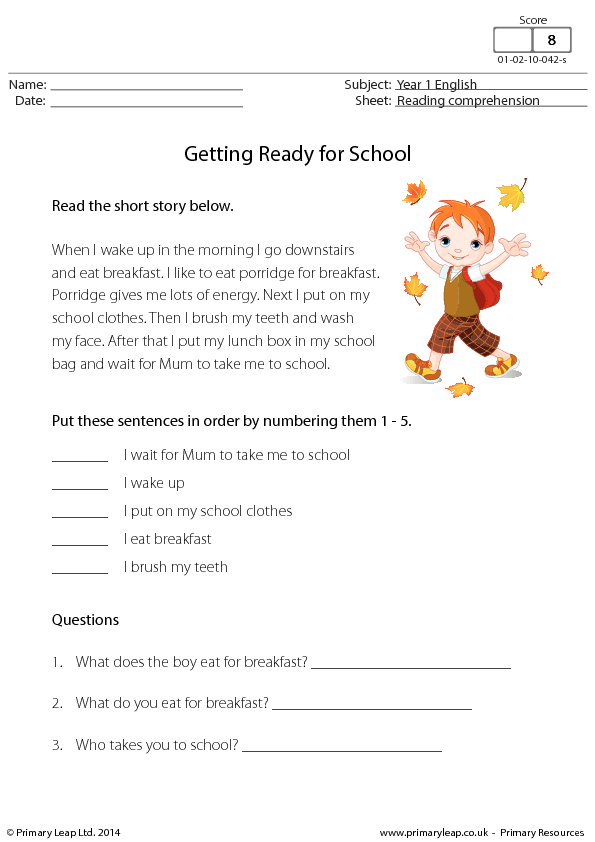 With $AURA, everyone can track their ownership across games, exercise governance rights, and enjoy collective ownership.
With $AURA, everyone can track their ownership across games, exercise governance rights, and enjoy collective ownership.
Learn More $AURA Whitepaper
We’re in Good Company
Our ecosystem is comprised of industry-leading organizations, firms, and forward-thinking game developers, looking toward a brighter, more collaborative web3 future.
Explore The Ecosystem
In the News
Ready’s Token-Infused NFT Airdrop Unveils A New Frontier of Game Promotion in Web3
When game publisher and Ready partner Sambrela saw Ready’s community grow over the span of two weeks — with real people, not bots — as apparent in the number of active users — they reached out to Ready’s CEO, David S. Bennahum, for marketing advice. Many projects launch airdrops or bounty campaigns to grow their community, but many fewer projects are able to acquire real, quality users from these endeavors.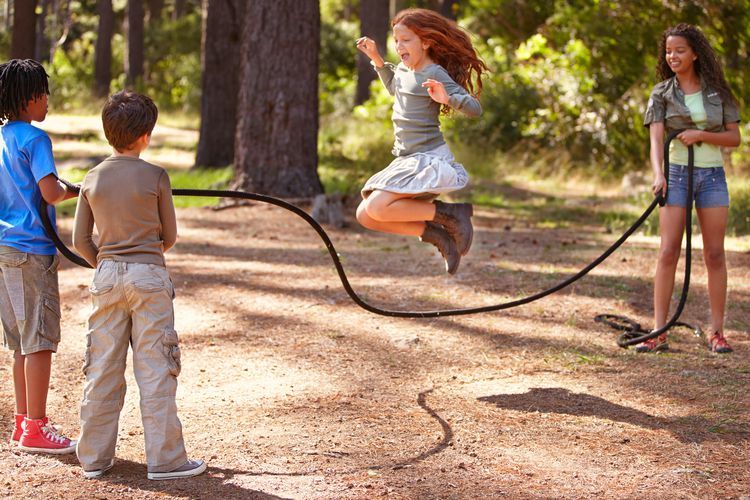 Benefitting the gaming community is a critical part of Ready’s mission, so here are some of Ready’s web3 marketing secrets.
Benefitting the gaming community is a critical part of Ready’s mission, so here are some of Ready’s web3 marketing secrets.
15 Sep, 2022
It’s Raining Dogs and Cats — Web3 Game Launch Results Promise More Profit for Game Developers
We launched Crypto Police Dog with a bang, spreading excitement through raffles and competition surrounding the token-infused in-game NFTs selling at once-in-a-lifetime prices. Now it’s time to look at the launch results and discover the treasure trove known as web3 that Ready Games serves game developers on a silver platter.
01 Sep, 2022
The Smiley Company partners with Ready to launch a SmileyWorld Virtual Fashion Capsule and NFT…
Smiley branded digital items and NFTs will launch on Ready Games’ app ICON Avatar Fashion Universe on April 25 2022.
25 Apr, 2022
Welcome the forefront of e-commerce in the virtual world — ICON Fashion Marketplace Preseason NFT…
E-commerce has become a truly social experience where the best “storefronts” are found through social media and sourcing happens through the clever use of hashtags in feeds. We believe this experience transcends into the virtual world. Ready is powering the social game economy.
We believe this experience transcends into the virtual world. Ready is powering the social game economy.
30 Nov, 2021
Welcome to ICON Avatar Fashion Universe✨
Recently featured on Product Hunt & in partnership with Epik, ICON is the ultimate fashion adventure game with a mobile-first experience.
04 Nov, 2021
READY GAMES UPDATE: Fall 202
READY GAMES UPDATE: Fall 2020
16 Sep, 2020
Press & Media
Twitter feed
Ready Games Network
GM, Ready Community! Today we're happy to share this phenomenal #fundamental #analysis by @Maple_block 👏 It can help you better understand what goe...
01 Dec, 2022, 06:30 AM
Ready Games Network
New #beta #testing opportunity 🛎️ Arcade Ball Hop Bowling on #Web3! 🕹️ #Ready will choose 200 testers to give the #game a spin and submit f.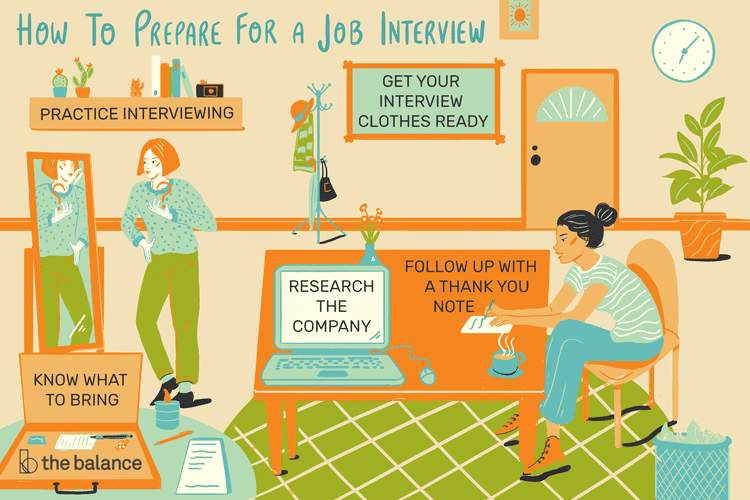 ..
..
30 Nov, 2022, 01:01 PM
Ready Games Network
How is #artificial #intelligence related to #NFTs🧐? Here's one interesting take: https://t.co/PkHnPmmV3Q #AI #NFT #blockchain
30 Nov, 2022, 01:00 AM
Ready Games Network
In Web3 speak: a WHITELIST/ALLOWLIST is a list of addresses that get guaranteed early access to mint NFTs at a specific date and window of time. ♨...
29 Nov, 2022, 08:01 PM
Sports articles on various topics
by Admin
Home care for any skin type should include: cleansing; toning; serum application; cream application; periodic use of peels and masks. Let's consider each of the stages separately.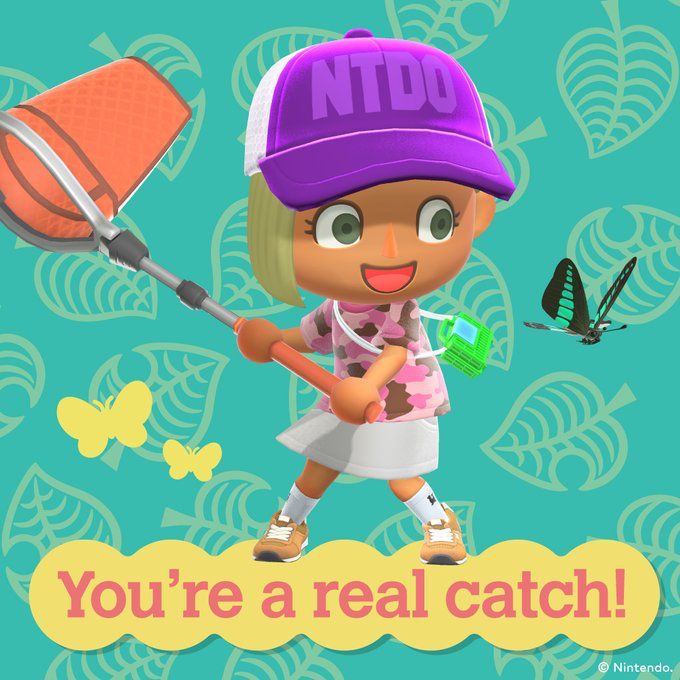 Cleansing the skin An important step that is sometimes not given due attention, but cleansing can both harm the skin and enhance the effectiveness of care and even have a therapeutic effect. There are 3 … Read more
Cleansing the skin An important step that is sometimes not given due attention, but cleansing can both harm the skin and enhance the effectiveness of care and even have a therapeutic effect. There are 3 … Read more
by Admin
The laboratory assessment of the immune response to the COVID-19 coronavirus infection consists in the study of antibodies to the S-protein region or to the RBD antigen, which in turn protect our body from the invasion of the ill-fated SARS-CoV-2. The archive, which stores all information about past infections or vaccinations, is called IgG. These are immunoglobulins that are very important in our body. They … Read more
Categories Sports and health Leave a commentby Admin
Webinar not on the topic "Fundamentals of refereeing volleyball" from the judge of the international category Knizhnikov Nikolay Nikolaevich.
by Admin
An analysis of the main stages of digestion shows that this complex process requires the coordinated activity of many physiological and biochemical systems, under the influence of which there is a gradual splitting of complex and chemically diverse food products into a certain (limited) number of simple compounds. Subsequently, these low molecular weight substances are absorbed in the intestines, then enter the bloodstream and are used by the body for energy and renewal … Read more
Categories Nutrition for young athletes Tags just a tag Leave a commentby Admin
Given the relevance of the problem, several principles can be outlined, the observance of which in the course of gaining muscle mass can optimize the immediate and long-term results.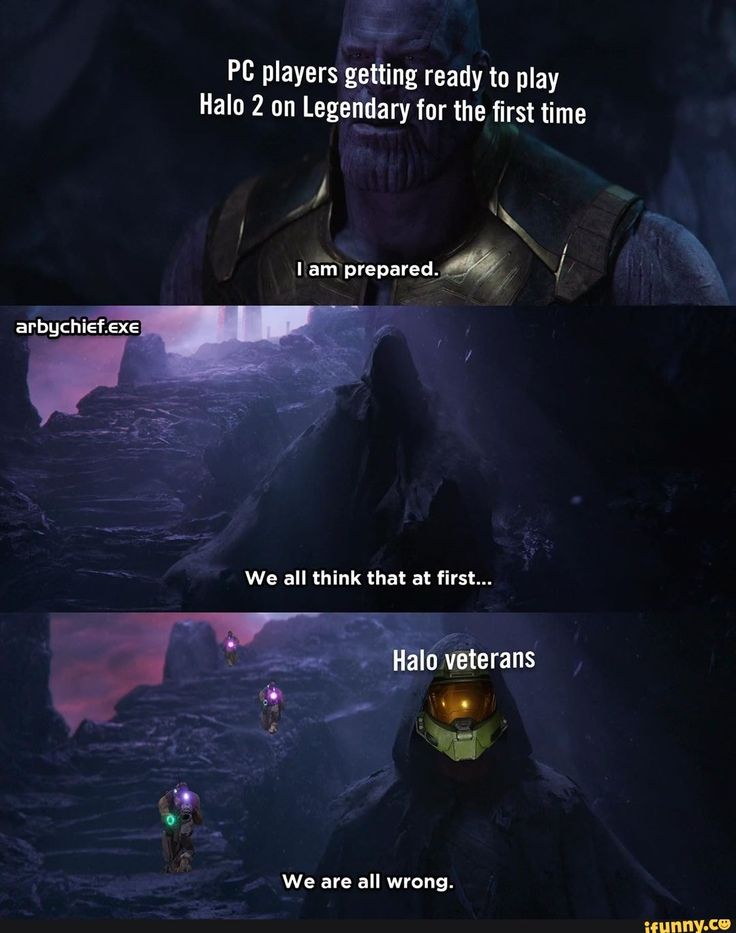 Taking into account the relevance of the problem, several principles can be outlined, the observance of which during the recruitment of muscle mass can optimize the immediate and long-term results. • Nutrition must be scientifically based, that is, all methods used must be scientifically … Read more
Taking into account the relevance of the problem, several principles can be outlined, the observance of which during the recruitment of muscle mass can optimize the immediate and long-term results. • Nutrition must be scientifically based, that is, all methods used must be scientifically … Read more
Preparing the game for porting at the stage of development of the PC version — Gamedev Club on DTF
Hello everyone!
385 views
My name is Artem Pozhilenkov and I'm a release manager at tinyBuild, an indie game publishing label. In this series of articles, I would like to talk in detail about the release process on consoles - what you should prepare for and how not to get into an unpleasant situation. There will be several articles, and for starters, it is worth building a foundation on which the entire cycle will be built. In this part, I will tell you who a release manager is, and what a developer should think about in advance so that porting creates fewer problems (and, believe me, they will).
What is a release manager
I am 33, I live in St. Petersburg and have been working in game development for more than 7 years. But my career started in Microsoft's red customer (pirate) department. I always dreamed of working in the game development industry, but I had no experience at all. However, a couple of years of persistent responses to various positions within Saber Interactive have taken their toll. Now I work as a release manager at tinyBuild.
In short, the release manager is “The Last Man Standing”, the person who presses the coveted button for publishing the game in the store. This is a person who understands the business processes of each of the platforms and knows where and what needs to be done. Unfortunately, all console platforms have rather complex bureaucratic procedures, ranging from registering a game, connecting services, submitting it for certification, and ending with all sorts of metadata updates.
A release manager's work day consists of a bunch of different tasks. Here is an example list:
Here is an example list:
- Registration of games on the portals of each of the platforms
- Set up sandboxes and testing environments
- Download and publish test builds
- Preparing the game for certification (requesting exceptions aka waver, uploading the game to environments for - certification testing)
- Dealing with incoming requests and errors from platforms (I'll tell you in confidence that they are also people and can mistakenly put a bug that doesn't exist)
- Preparing the game for release (uploading pictures, prices, discounts, pre-orders, etc.)
- Advising developers on policies for each platform.
You can often find release managers in publishing houses or large studios. Such companies release a large number of different games within a short period of time.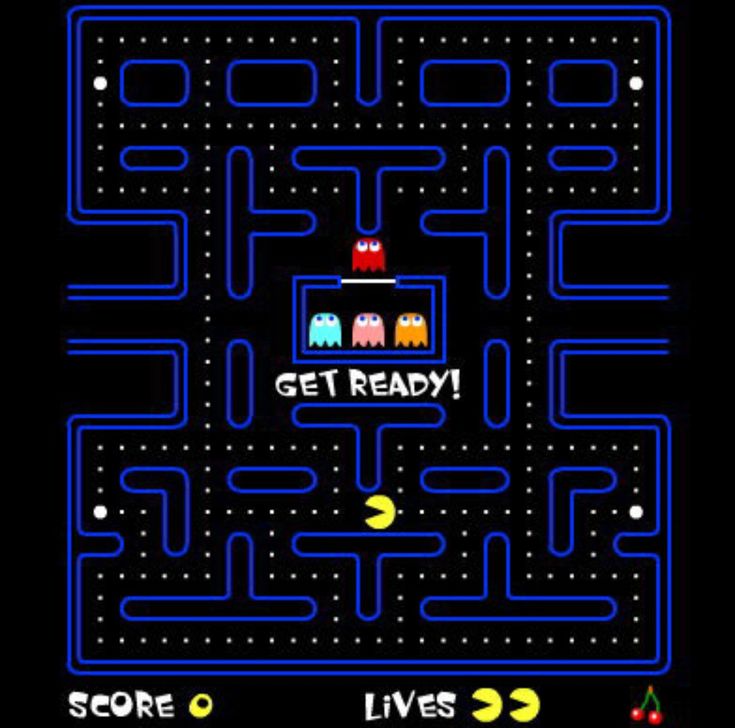 Usually everything comes out at the same time, on all platforms, with all sorts of add-ons, discounts and pre-orders. A large number of variables require that they be handled by individuals who thoroughly understand the process.
Usually everything comes out at the same time, on all platforms, with all sorts of add-ons, discounts and pre-orders. A large number of variables require that they be handled by individuals who thoroughly understand the process.
Things to think about right away
Very often, indie developers don't think about whether the game will be ported to the console. The lack of such an understanding gives rise to such fundamental problems for porting as: problems with optimization, scalability and integration of various services and technologies with consoles. In order to avoid complications during porting, it is worth familiarizing yourself with the documentation of various platforms as soon as possible.
What should you pay attention to first of all?
Feature and service planning
We all understand that we do not always have the opportunity to assess the potential of porting a project at the production stage of the PC version. But if you still see the ghost of porting on the horizon, you should think about the following things:
But if you still see the ghost of porting on the horizon, you should think about the following things:
- What services and features do you see on consoles (Trophies, Multiplayer, Presence, etc.)
- Do all platforms support the selected features and services
- How long do you plan to support your game
- Whether selected third party services, features or plugins will be supported during your support cycle. This is a rather important point, because. some services may become obsolete and no longer supported, and you will need to somehow live with it.
Do not be afraid to tell the platforms about your plans, they will always be able to provide qualified support and advise on the best solutions.
Localization:
In general, the localization process itself and the number of languages you choose is entirely up to you. If you want to achieve maximum coverage, then I recommend using the following languages:
- EFIGS: English, French, Italian, German, Spanish
- Russian
- Brazilian Portuguese
- Japanese
- Chinese Traditional and Simplified
- Korean
Some may be surprised by the presence of Asian languages, but at the moment, almost all console platforms allow you to publish your games in Asia. We will analyze this point in more detail in subsequent articles.
We will analyze this point in more detail in subsequent articles.
Speaking about the quality of localization, in fact, platforms rarely have complaints about the quality of translations (except that Nintendo was asked to change some wording a couple of times, but this is rather an exception).
Let's start with a typical example using platform terminology:
Reply:
Content hidden
Show
If you chose the “controller or joystick” option, then congratulations - you have not passed the certification.
Yes, this Xbox device is called a “controller”, but the full and more recommended name is “Xbox Wireless Controller”.
And now attention: a similar device for the PlayStation is called a “controller”!
If you continue to study the naming rules, you will notice that each platform will have its own requirements for the name of a particular device, process, etc. From this it follows that you should think about how your localization system chooses the necessary terms on its own when building for a particular platform.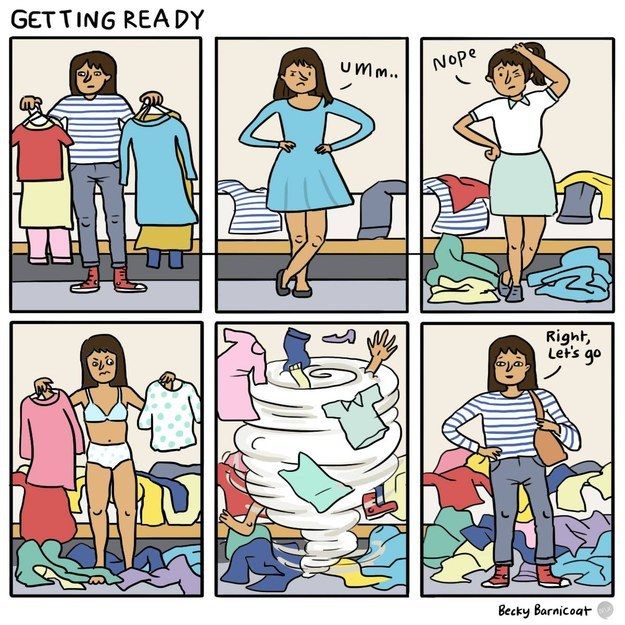 Manually replacing files for each console will not lead to anything good. According to statistics, more than 60% of all certification failures are associated with the use of incorrect names and / or branding instructions.
Manually replacing files for each console will not lead to anything good. According to statistics, more than 60% of all certification failures are associated with the use of incorrect names and / or branding instructions.
Multiplayer:
Networking is an increasingly important selling point for many games. And of course, there are also sticks for your wheels here. Do not reinvent the wheel, but explore the market for ready-made solutions for online play and choose the one that suits you and is supported by all platforms: For example, EOS, PlayFab and others. Using services that are validated by the platforms will save you time and nerves.
Also, if you plan to use asynchronous multiplayer, be sure to read the documentation for all native services of each of the platforms. This will avoid problems with the storage and transfer of user data, because. native services of each of the platforms have different restrictions on working with them.
Cross-Multiplayer:
I think many of you have read the various angry posts about the terrible requirements for crossplay, but I want to assure you that everything is not so scary.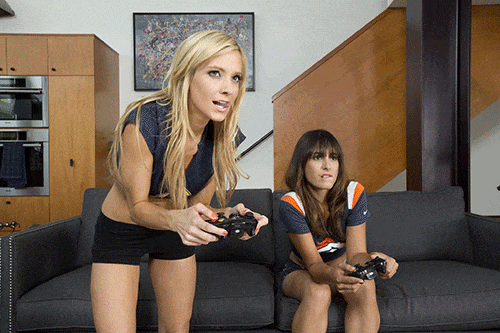 To do this, you need to follow just a few simple rules:
To do this, you need to follow just a few simple rules:
- Users must be able to identify users only from their platform. Those. a PlayStation user must be able to visually identify that another PlayStation user and/or a player from some other platform has joined, but the other platform must not be identified.
- Users should be able to choose whether they want to play crossplay or not and continue with the next match according to their choice.
- You must not share gamer tags, usernames or similar information with other platforms.
- Users should be able to report any player.
-
Always follow the naming and branding rules of each platform.
-
Users should not be able to use items purchased on other platforms with real money. This is one of the most difficult items. In general, the ability to transfer items from one platform to another is not forbidden, but it comes with a lot of bureaucratic and financial procedures.
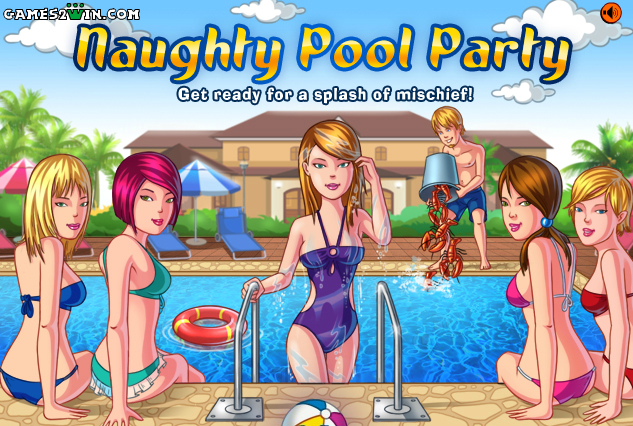 As a result, it may turn out that you also have to pay extra to the same platform for lost profits.
As a result, it may turn out that you also have to pay extra to the same platform for lost profits.
Mods:
Mods are one of the hardest features for consoles for several reasons:
- Developers are required to moderate user modifications. Those. before any mod gets to the console, you must check it for inappropriate content.
- Users should be able to complain about any modification, and the developer should be able to remove objectionable content.
Due to content moderation requirements, you will need to set up a dedicated server that will distribute mods for each console, and have one or more support engineers that will moderate, verify, and add mods to each console.
Conclusion
Preparing for porting at the production stage of the PC version is an important step that will allow you to prepare the game for further porting with the least loss of time and resources.

